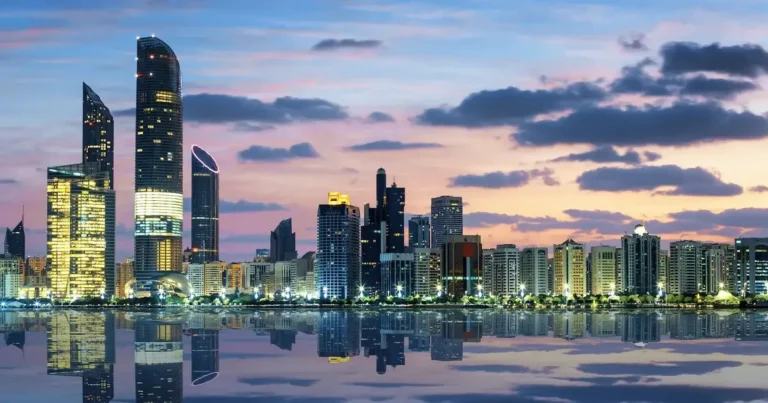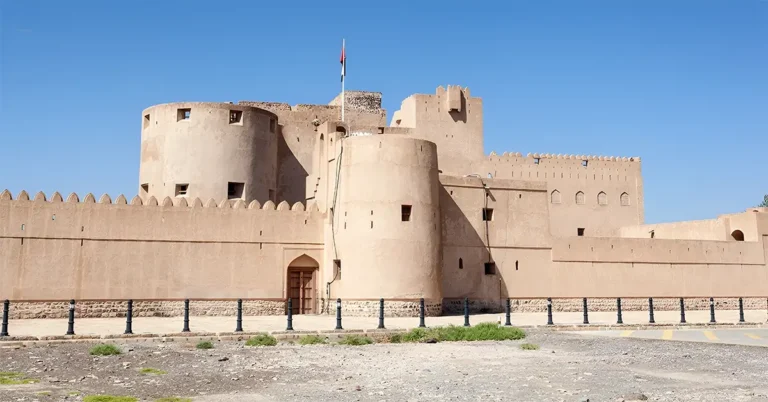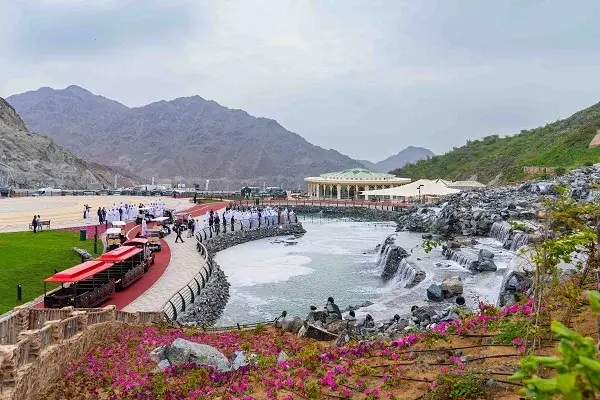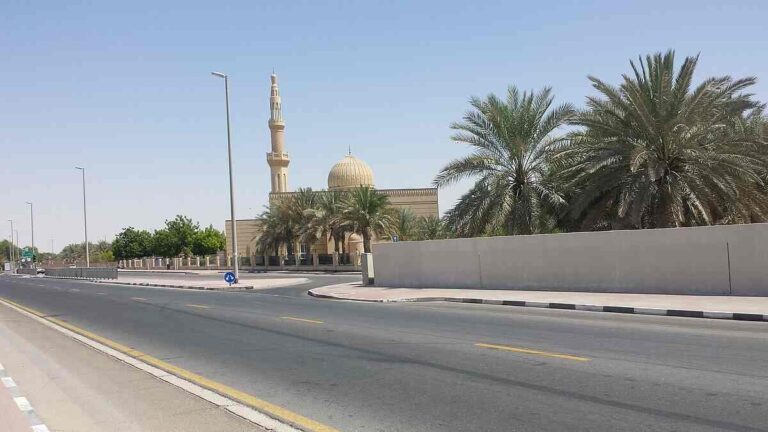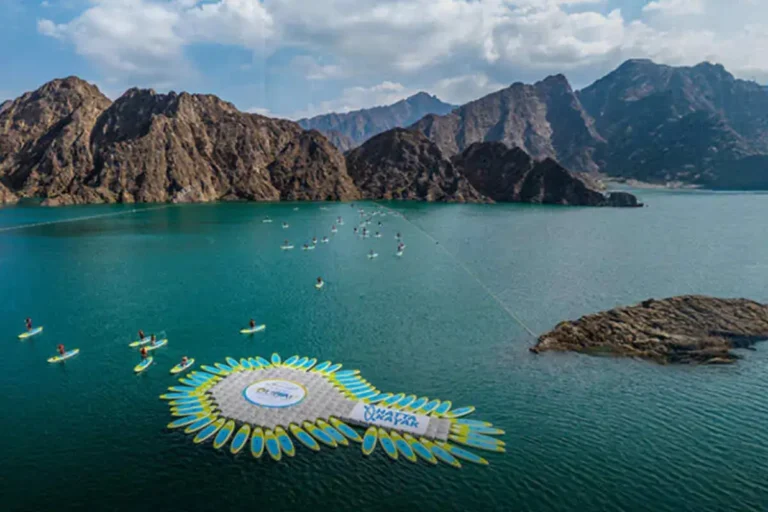Fujairah, UAE: Where Mountains Meet the Sea and Heritage Runs Deep
While most of the UAE’s cities are draped in golden desert and futuristic skylines, Fujairah offers something refreshingly different—a soulful blend of rugged mountains, pristine beaches, and centuries-old culture. Set along the Gulf of Oman, this emirate stands apart not just geographically, but emotionally.
Here, nature dominates the skyline, not concrete. The Hajar Mountains carve deep into the landscape, framing every sunrise with a rugged silhouette. Along its coastline, turquoise waters and soft sands paint a picture of calm that’s deeply rooted in tradition and spirituality.
Geography That Redefines the UAE Experience
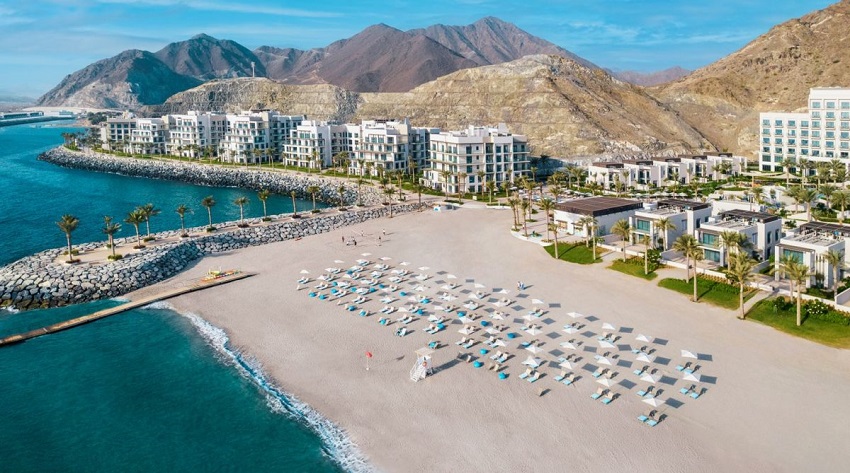
Fujairah is the only emirate on the UAE’s eastern coast, giving it direct access to the Gulf of Oman—an ecological and economic advantage. Its natural layout is dramatic and untouched: think mountainous terrain, wadi systems, waterfalls, and fertile plains uncommon elsewhere in the country.
This terrain shapes life in Fujairah—from its historic mountain villages to its freshwater sources, farmlands, and coastal fisheries. The region’s biodiversity and geology are celebrated, not built over.
It’s no wonder Fujairah is increasingly attracting eco-tourists, adventure seekers, and culture lovers who crave more than malls and mirrored skyscrapers.
A Fortress of Faith, History, and Stone
Fujairah wears its history with pride. Fujairah Fort, one of the oldest in the UAE, stands as a sandstone sentinel over the city, built over 300 years ago to guard against invasion. It’s flanked by traditional houses, watchtowers, and wind towers, all restored to offer a glimpse into pre-oil life.
Nearby, Al Bithnah Fort, nestled in the Wadi Ham valley, once protected inland routes and continues to awe visitors with its defensive architecture and panoramic views.
And then there’s Al Bidya Mosque—the oldest surviving mosque in the UAE, built from mudbrick and stone. Its four squat domes and single-room layout represent humble Islamic heritage, still active and revered today.
The Coastline That Beckons Divers and Dreamers
Fujairah’s coast stretches along the Gulf of Oman, presenting a seascape that’s distinct from the UAE’s west coast. Its beaches are quieter, waters deeper, and reefs more alive.
Snoopy Island, just off the coast of Al Aqah, is a popular diving and snorkeling destination, teeming with marine life and coral gardens. Dibba Fujairah, a northern exclave, opens doors to fishing villages, coastal mountains, and hidden bays—perfect for kayaking, paddleboarding, or simply breathing in the sea.
Whether you’re swimming in the warm waters or walking the soft sands, Fujairah’s coast has a spiritual stillness that refreshes the soul.
A Heartland of Tradition and Rural Life
Unlike the urban explosion seen in other emirates, Fujairah still embraces its rural and tribal roots. Inland villages practice date farming, goat herding, and traditional handicrafts, passing down Emirati customs through generations.
The Friday Market, located near Masafi, is a cultural staple. It’s not just a place to buy local produce, carpets, and pottery—it’s a living tradition, where generations gather to exchange goods, stories, and greetings in the mountain air.
Even in its growing urban core, Fujairah maintains a measured pace—rooted in heritage, aware of its geography, and respectful of its past.
A Growing Economic and Strategic Force
Fujairah’s location makes it a critical port hub. It sits outside the Strait of Hormuz, positioning it as a strategic alternative for oil shipping and cargo logistics. The Port of Fujairah is now one of the world’s largest bunkering (refueling) hubs, playing a vital role in UAE’s maritime economy.
Yet, despite this modern significance, Fujairah is careful not to let industry overpower its cultural soul. Economic growth is harmonized with tourism, conservation, and community development—making it one of the UAE’s most balanced emirates.
Accessibility and Lifestyle
Fujairah is about 90 minutes by road from Dubai, connected by modern highways that pass through tunnels and mountain passes. The journey itself is a scenic adventure.
The city offers an increasing range of hotels, resorts, and community spaces, especially along the beach, while retaining a peaceful, family-oriented lifestyle.
Whether you’re a resident, a weekend traveler, or a heritage enthusiast, Fujairah offers a grounded, enriching alternative to urban life in the Emirates.
FAQ: Fujairah, UAE
What is Fujairah best known for?
Fujairah is famous for its mountain landscapes, coastal beauty, historic forts, and natural hot springs.
Is Fujairah good for a weekend trip?
Yes, its beaches, resorts, and historical sites make it a perfect weekend getaway from other Emirates.
Does Fujairah have an airport?
Yes, Fujairah International Airport serves cargo and select passenger flights, mainly for regional access.
Is Fujairah more traditional than other Emirates?
Fujairah retains a strong connection to rural and tribal heritage, making it one of the more culturally preserved Emirates.
What activities can tourists enjoy in Fujairah?
Visitors can enjoy diving, hiking, beach camping, historical site visits, and mountain excursions.
- Al Bidiyah, Fujairah: A Spiritual Landmark Anchored in Time - July 24, 2025
- Qidfa’, Fujairah: The Oasis Town Rooted in Water and Wisdom - July 24, 2025
- Mirbah, Fujairah: The Coastal Hamlet Where Mountains Meet the Sea - July 24, 2025


